I’ve been hearing it more and more – questions asked about why folks are looking at self sufficiency, stand-alone power or disaster preparedness, which are answered with the off-hand response of “oh, I’m just preparing in case of a zombie apocalypse”.
On facebook, a picture of a small island with high cliffs and a caption ‘this should keep the zombies out’. It’s like a socially acceptable way of joking about how scared you are of what the future may hold, without giving away just how scared you are. But it’s more than that. And recently I’ve figured out why I find the whole zombie apocalypse thing so creepy.
Firstly I should say that themes of disaster preparedness, crisis crops, societal collapse and a bunch of other unsettling concepts are on the fringe of what we do at Milkwood daily, which is talk about, teach, learn and share resources about sustainable living and regenerative farming.
We get a portion of students who have chosen to ‘skill up’ on the skills and theory we’re involved with because they are anticipating that one day soon it will all go to hell and they’d better be ready. We try to offset (or at least manage) this sort of student’s outlook by focusing on what we can do to create abundant, resilient futures for communities (and we can do an awful lot).
But that doesn’t change the fact that whenever someone starts joking about the zombie apocalypse I start feeling creeped out, weird and angry all at once. I’ve been wondering why for a while – do i just not have a sense of humor? Is it that i actually subliminally believe in zombies and I’m just not being honest with myself? Recently I managed to unpack this problem, and here’s what I came up with.
My problem with the whole ‘zombie apocalypse’ joke in reference to disaster preparedness is that when someone mentions it, what they are doing is publicly stating that they are playing with the idea of considering anyone beyond the walls of their future ‘safe zone’ as dehumanized brain eaters, who may be dealt with as needed without moral implications, should a crisis arise.
And that’s why I’m not down with the whole zombie apocalypse thing. The implicit and necessary dehumanization of ‘the other’, which in a nutshell means everyone on the other side of your fortress wall. Meaning your wider community.
Not that this is anything new, really – we’ve been dehumanizing ‘the other’ for a very long time, with some spectacular examples emerging during wartime where propaganda machines turned former neighbours into sub-human monsters. There’s many excellent books written on this subject.
But it’s the fact that the whole zombie apocalypse thing is actually trendy in our current culture that really creeps me out. Which means playing with the idea of perhaps one day needing to dehumanize anyone beyond the walls of your fortress/homestead/safe-house/social group is also trendy.
As I wrote last winter in Survivalism is the new Black, I honestly don’t think the whole fortress mentality will get anyone very far in a crisis anyways. It’s simplistic thinking, in my view. A more resilient model for a societal collapse would be a strong community of skilled and interconnected folks who are all very capable and able to contribute to a common goal of resilience. Or in other words:
Ok so society fails and your community has to fend for itself. If you hear that the much-needed doctor, or the midwife, or the blacksmith in your community is in danger, everyone’s going to come running, because they’re defending an essential community resource, not just an individual.
So rather than building a fortress and getting lots of guns and probably dying of loneliness, how about becoming so bloody useful that your immediate community can’t do without you? Sounds safer to me. More fun, too.
Ahem. So that’s it on that subject from me. Apologies to all zombie lovers, I mean no offense.
I am just deeply wondering what it means that we’re all happily playing with dehumanization in relation to disaster, at this point in western history.
Think I’ll go back to drying apples for winter and planning our next round of skill-share workshops. And standing in the bright sunshine, and being thankful.
Oh and by the way, Happy International Permaculture Day, everyone!

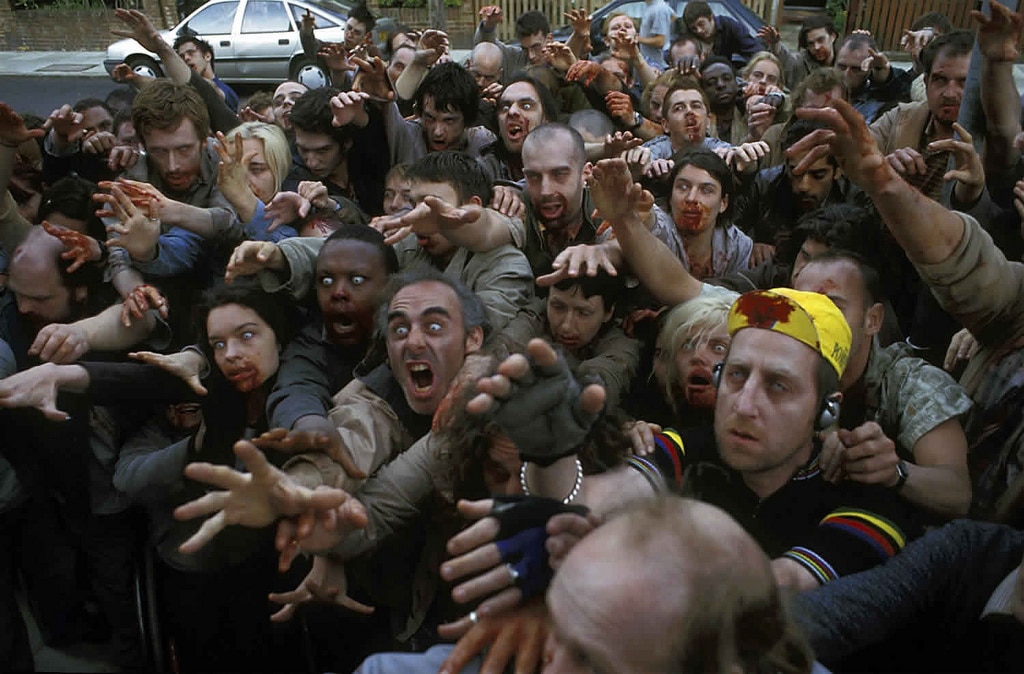
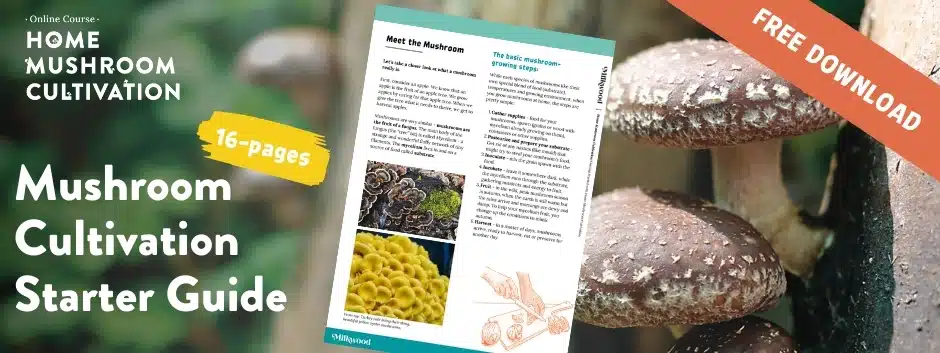
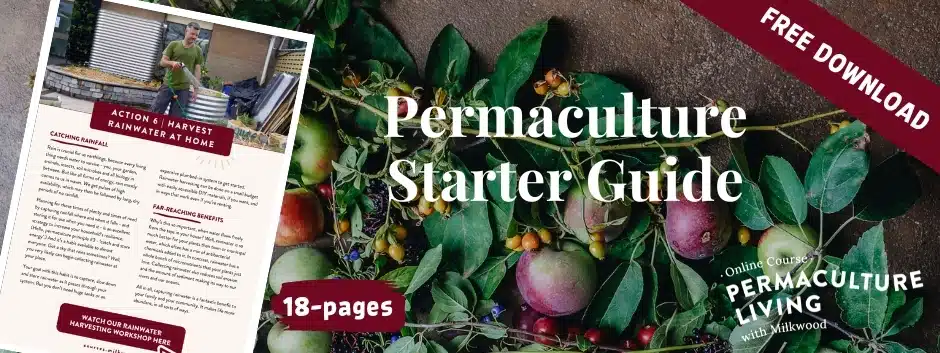
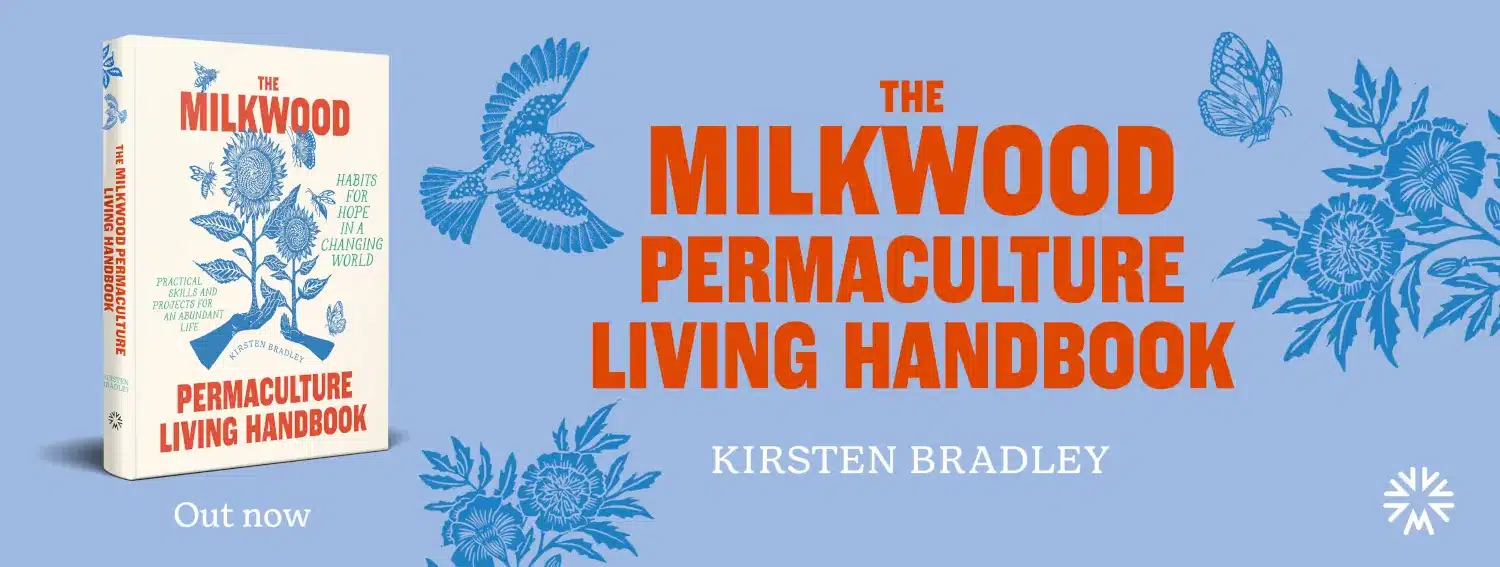
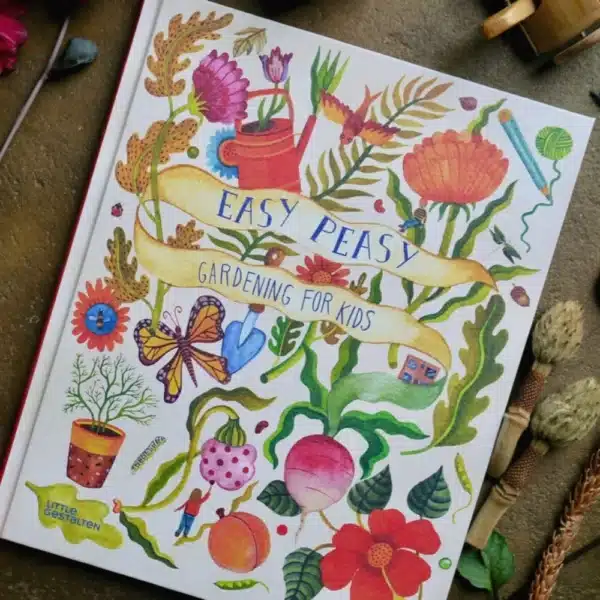
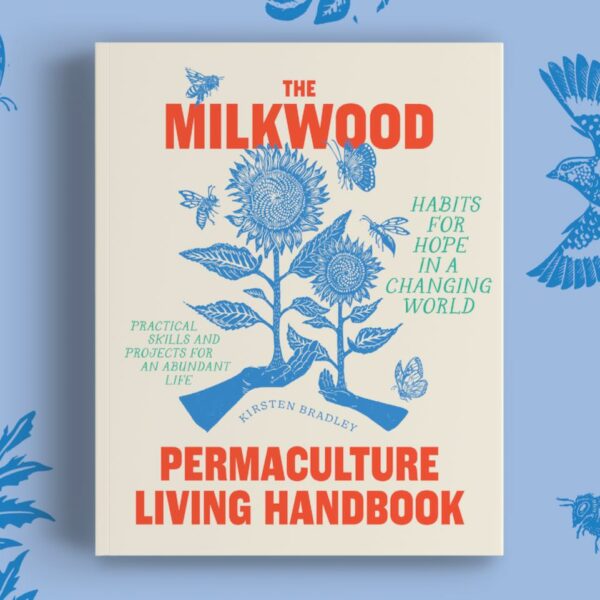
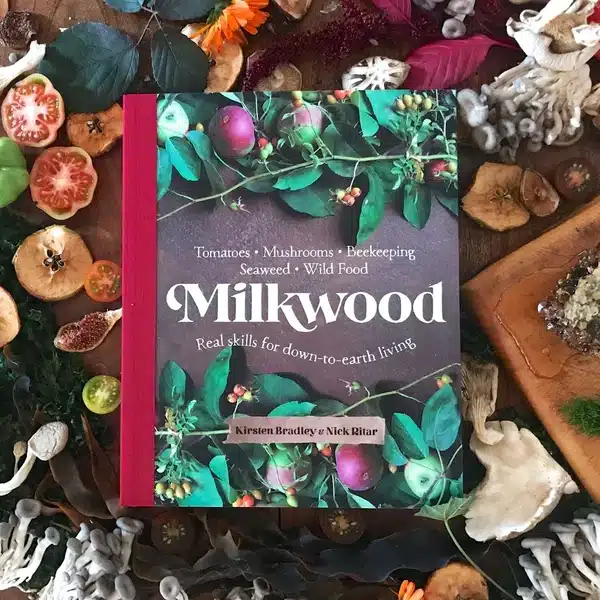






Ditto for Permaculture Day and kudos on this post. Its really all about the different ways that people react to threats…being reactive (zombie nay sayers who make the fortresses with the guns cache) and proactive (those who choose to study up, “do” and make a real difference to their immediate environment to help reduce the threat to their own and their communities way of life). When you think that most of the world lives in cities in apartments and whenever they are faced with “CLIMATE CHANGE DISASTERS LOOMING IMMINENT” they get scared and can’t see any way of surviving this… Read more »
I completely agree with you. Many people dehumanize others and that will not serve them if things get bad. I heard somewhere that you need to make sure everyone within 5 miles of you has enough to eat if this civilization goes horribly wrong (as opposed to just wrong). I have tried my best to get as many different food producing and useful plants on my property to make sure the genetic information will be available to my community to feed ourselves. My only hope is that it isn’t just turned into firewood by someone else.
I really enjoyed this post – and I too, am decidedly not down with the zombie stuff…
I like the fact that you are not advocating specialization. That’s for insects and robots. A person should be able to handle tasks as widely various as butchering a hog & writing a sonnet.
I’m a spinner, weaver, and knit designer among my many “hats” – my website is http://www.feathercreekdesigns.com – feel free to take a look!
Thanks Kirsten – I wonder how many other such fears many of us are holding close to our chests? And how much they could be alleviated through discussion… I found this a really useful and thought-provoking post.
Some very good points you make. A survivalist should be prepared for anything. I know with the preparation for bird flu, the plan was for people to not leave their homes. The exceptions being for health and and emergency workers, who were also priorities for any vaccine.
I’ll meet you halfway and say we need to be prepared to protect our communities from the zombies.
When Cuba entered the “Special Period” it had a great deal going against it – an economy formerly based on huge monocultures of very limited range of export crops, artificially fertilised, a food culture built around imports, a planned economy that was not innovative or flexible, a huge lack of applicable social or physical capital. The only thing they really had going for them was a culture of community, of standing together, sharing, mutual reliance. But that was enough to create everything else. And they dodged the zombocalypse.
Interesting take on the zombie apocalypse. I agree. Not to mention that it encourages the wrong mindset and the wrong skill set. Hoarding guns and weapons and thinking you need to fight to preserve your supplies could easily turn a catastrophe into a full blown apocalypse, in my opinion.
Thanks Kirsten, I really enjoyed this post and the thoughtful comments above. I guess a lot of this apocalyptic thinking is born of frustration with media, politicians and business leaders who seem immured against any kind of ecological common sense, plus real and scientifically justified concerns about what will happen to our global climate in the coming decades. But you’re right: ‘them and us’ thinking is unhelpful – and even dangerous if taken too far. I’ve been involved in Greens politics a little (very little) bit and it can seem like you’re continually pushing shit up hill and always campaigning… Read more »
I don;t think people are duhumanizing others for future stand offs, rather we have attached a name to the nameless thing that we are preparing for. Weather biological or nuclear warfare or the collapse of the economy, “Zombie Apocolypse” covers it all, with a tich of humor to boot.
Check: “Never talk to Kirsten about zombies.” It might comfort you to know that you and World War Z: An Oral History of the Zombie War are agreed about the fortress-survivalist fantasy. WWZ calls them LaMOEs, short for Last (wo)Man On Earth(s) and says the US had more of them than anywhere else. I guess I’m ok with pop culture using zombies as a way of talking about anxieties surrounding this issue – there are contexts and lifestyles for which “Our culture is being parasitised by systems that are plugging destructive conclusions into all our instinctive drives” isn’t a viable… Read more »
The Transition Towns concept is a way of positively thinking about powering down our society… and it’s based on permaculture.
I know what you mean – I feel the same when ppl talk about geoengineering ‘solutions’ for climate change. My take on it is, why would you let things get that bad in the first place? We are a supposedly intelligent species. We have all the tools already (including permaculture which you guys are an awesome example of). I can understand the reason why some are preparing for an apocalyptic future, but I’d rather use my energy to help steer the world in the direction I want – a world that’s fair to people (inc future generations) and the environment.… Read more »
Love this point, and have to agree, while I do love my Zombie invasion sci fi movies, the point is – why let it get to such a state? But on the other hand, we humans are meddling in things that we don’t 100% understand, how long before someone mad scientist who isn’t being monitored creates a mind controlling virus? Maybe it isn’t a slow progression to an apocalyptic future, but one that is suddenly thrust upon us?
I agree. I feel also that it is a damned good idea to be prepared to feed those around you if things fall apart, which is happening here in Egypt! Because of the revolution food has become expensive, There are gas and petrol shortages, which means that opportunists can charge triple for their gas, petrol and food and you just have to suck it up!!! Crime is on the increase and the once-hidden corruption is daily being exposed!!! But still very much exists. I live in Egypt on my husband’s family’s small holding on the West Bank of Luxor. It… Read more »
Like seeing Cuba after their Soviet supports were severed, it’s crucial to see examples like this of how food shortages play out in contemporary real world settings. I encourage you to blog about your experiences gaiamethod, and any solutions you come up with! Just touching on it from your post it sounds as though you either need mandatory education for anyone who comes into your growing area or you need to do something like incentivise awareness of proper process for the different plants – for example make food discounted or more accessible for people who’ve done a basic preparation course… Read more »
I think there’s something to be said for the approach adopted by the Chris Martenson posse (and I guess other “survivalist” types, but I’m only familiar with CM). Prepare and provide for yourself thoroughly first, preferably in conjunction with your neighbours, so that you are able to help the rest of your community, who perhaps lacked the necessary foresight, when the time comes.
I’m with you on this one. Unfortunately apocalyptic thinking is something that is often promoted in permaculture teaching. Getting out there and making a difference and showing people how to produce is a much more positive and dare I suggest effective way of approaching the issue. While I have some doubts about human kind, I find that if you treat people in a reasonable manner they will respond in kind. We at http://www.goldcoastpermaculture.org.au tend not to lock the gates against the public and with a few exception, we have little trouble with the ‘zombies’/vultures/locusts in society. In fact the darn… Read more »
As a therapist I too had the idea that if I treat people as I would like to be treated then they would do the same back! Unfortunately that is not always the case here! The people in the lower classes, i.e. poor, just do not know how to be any different. Behaviour is entrenched and it is very difficult to even change an idea!!! The victim mentality is very much the norm. They are a dis-empowered nation to be sure! However, a glimmer of hope can be seen. By example we are showing the children of our family how… Read more »
I’m with you on the “them” and “us” scenario. We need to work together for the future. Unfortunately – like so many others have pointed out – it’s an uphill battle and scare tactics and media etc aren’t helping. Personally my family and I are working on being as self sufficient as possible and we are lucky in that our close friends are on the same wavelength..
My thoughts on the same thing: http://eatatdixiebelles.blogspot.com.au/2012/04/leave-zombies-alone.html
I think this hit the mark. An excellent and timely post and something we have been thinking about here at Milkwood – and it’s important. Since creating the Organic Market Garden here – which has had the support and help of the resident community here, I have been giving much thought to the idea of ‘Self-Sufficiency’ and have come out somewhat against it – with this important caveat (see Mogovôr’ above) that we must skill up and prepare ourselves so that we can then pass on our knowledge and experience to the others. Raising the walls will not save us… Read more »
Well, there is another thing also, there ARE some people out there that really looks at it just as a joke, I for example am not a survivalist in any way, i am a sedentary mechatronic engineer who never leaves the city, but if I could invest money in a small fortress, with guns and suplies I would do it just for the fun and to show it to my friends and say Bring the zombies! I dont think I would ever need it, is just like Glados sayz “We do what we must becouse we can”
Read Revelation!
Onya, lovely! Welcome to the ongoing challenge of figuring out “what is community development, and how do I promote/participate in it?”. In my experience, I think smaller, close-knit (i.e. intermarried!) communities are much more likely to continue to live and care for vulnerable individuals within those communites when there is a crisis. Having lived in cities both here and overseas, as well as towns of 3,000-4,000 people, give me a geographically isolated community of 800 people any day when it comes to being resilient and looking after one another when the proverbial is hitting the fan. Lots of food sharing,… Read more »
Some fantastic stereotyping going on here. How many of these ‘bunker mentality’ types exist, and are they prevalent enough to spawn this blog, really?! The blog has the tendency to label all those who may agree that ‘we’re going to hell in a handbasket’ as gun-toting types who regard others as ‘dehumanized brain eaters. Try as a I might, I confess I am pessimistic about the future. I do believe that the effects of climate change, in particular, are happening faster than our ability to adapt as a society. My moves to live more sustainably are a mixture of contributing… Read more »
I’m not trying to stereotype anyone – what i am doing is wondering (as said above) “what it means that we’re happily playing with dehumanization in relation to disaster, at this point in western history.” – in relation to a very specific social meme, and what that may or may not indicate about our wider relationship to our community. I am not at all saying that everyone that believes our society is heading full-tilt towards a brick wall has bunker mentality – quite the opposite – permaculture theory is entirely about this very subject (ie post oil futures etc), and… Read more »
Hi, Kim – I’ll preface my remarks with “your milage may vary” as that is the one issue that we keep running up against. I’ve lived in a very “survivalist” area in the Colorado Rockies where the paramilitary mindset – the “bunker mentality” – of guns, barricades, and stored supplies was actually in use. The only way that is actually workable is in an isolationist setting, and I always scratched my head about where the threat was supposed to come from, as the totally unprepared city hordes that they were thinking would be a threat would be over 100 miles… Read more »
Hi All I loved this post; it hit a nerve with me. I, too, feel a positive compulsion to grow things. Food, people, community, life, ideas, animals, waterways… I cannot fit the ‘retreat and defend’ perspective into my shape at all. Your observation of the intrinsic ‘othering’ implicated in the ‘zombie apocalypse’ idea is spot on. I have just begun my life journey with some land in Northern NSW, and my drive is to join up, make connections, be part of systems…. give and receive, you know. Starting with the land in front of me, the people around me, the… Read more »
Some of the comments here really resonate with me. We came up with our own term for what we do, that is of a similiar mindset: Survironmentalism: A term we came up with to describe how we live our lives. It is for people who base their beliefs and actions on a balance between Survivalism and Environmentalism. Those who want to be prepared for an uncertain future, to be able to provide for and protect their loved ones, but still support the Earth & it’s inhabitants now. Healing the planet we call home, hoping for solutions and changes to restore… Read more »
Have you read “One Second After” by William R. Forstchen? It’s a very frightening look at what would happen to our society if we faced a sudden wide-spread destruction of our infrastructure. It explores both the fortress and the sustainability questions.
Hi Kirsten, (I think you are the writer of the article) Gotta say, really well said. Bunker mentality can often be most evident on the many conspiracy websites coming out of the US but I feel that you have provided a well thought out answer to that fear of the outside. I also thought about the taoist book, ‘the Way of Life”, when I read through your article. That book points to competition as the reason for disharmony in society and bunker mentality has that competitive subtext. I also feel that there is another very good reason to skill up… Read more »
I’m a long time fan of apocalypse fiction. Not so much into zombies. I often get the comment ‘we’ll come to your house because you have fruit trees’ in the currently popular zombie apocalypse conversation. I do point out that isolating yourself and trying to guard your supplies would be pointless (in my opinion), get out and skill share would be my strategy. I think the current fascination is because in lots of parts of the world people already feel isolated and under attack and struggling to survive in the full sense of the word. I don’t want you to… Read more »
thanks for info.